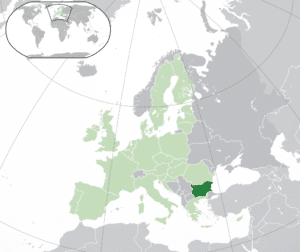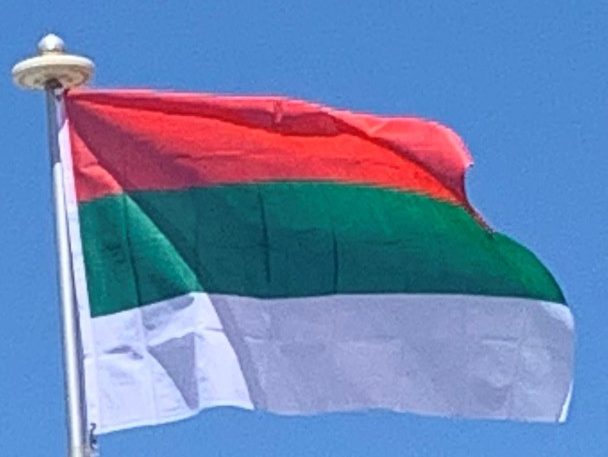Introduction:
Bulgaria, officially the Republic of Bulgaria, is a country in Southeast Europe. It is bordered by Romania to the north, Serbia and North Macedonia to the west, Greece and Turkey to the south, and the Black Sea to the east. The capital and largest city is Sofia; other major cities are Plovdiv, Varna and Burgas. With a territory of 42,855 square miles, Bulgaria is Europe’s 16th-largest country.
One of the earliest societies in the lands of modern-day Bulgaria was the Neolithic Karanovo culture, which dates back to 6,500 BC. In the 6th to 3rd century BC the region was a battleground for Thracians, Persians, Celts and ancient Macedonians; stability came when the Roman Empire conquered the region in AD 45. The Eastern Roman, or Byzantine, Empire lost some of these territories to an invading Bulgar horde in the late 7th century. The Bulgars founded the First Bulgarian Empire in AD 681, which dominated most of the Balkans and significantly influenced Slavic cultures by developing the Cyrillic script. This state lasted until the early 11th century, when Byzantine emperor Basil II conquered and dismantled it. A successful Bulgarian revolt in 1185 established a Second Bulgarian Empire, which reached its apex under Ivan Asen II (1218–1241). After numerous exhausting wars and feudal strife, the Second Bulgarian Empire disintegrated in 1396 and its territories fell under Ottoman rule for nearly five centuries.

The Russo-Turkish War of 1877–78 resulted in the formation of the current Third Bulgarian State. Many ethnic Bulgarian populations were left outside its borders, which led to several conflicts with its neighbors and an alliance with Germany in both world wars. In 1946 Bulgaria became a one-party socialist state and part of the Soviet-led Eastern Bloc. The ruling Communist Party gave up its monopoly on power after the revolutions of 1989 and allowed multi-party elections. Bulgaria then transitioned into a democracy and a market-based economy.
Since adopting a democratic constitution in 1991, the sovereign state has been a unitary parliamentary republic with a high degree of political, administrative, and economic centralisation. The population of seven million lives mainly in Sofia and the capital cities of the 27 provinces, and the country has suffered significant demographic decline since the late 1980s.
Bulgaria is a member of the European Union, NATO, and the Council of Europe; it is a founding state of the Organization for Security and Co-operation in Europe (OSCE) and has taken a seat on the UN Security Council three times. Its market economy is part of the European Single Market and mostly relies on services, followed by industry—especially machine building and mining—and agriculture. Widespread corruption is a major socioeconomic issue; it ranked as the most corrupt country in the European Union for 2018.
Etymology:
The name Bulgaria is derived from the Bulgars, a tribe of Turkic origin that founded the country. Their name is not completely understood and is difficult to trace back earlier than the 4th century AD, but it is possibly derived from the Proto-Turkic word bulģha (“to mix”, “shake”, “stir”) and its derivative bulgak (“revolt”, “disorder”). The meaning may be further extended to “rebel”, “incite” or “produce a state of disorder”, and so, in the derivative, the “disturbers”. Ethnic groups in Inner Asia with phonologically similar names were frequently described in similar terms: during the 4th century, the Buluoji, a component of the “Five Barbarian” groups in Ancient China, were portrayed as both a “mixed race” and “troublemakers”.
History:
Ancient Times:
Neanderthal remains dating to around 150,000 years ago, or the Middle Paleolithic, are some of the earliest traces of human activity in the lands of modern Bulgaria. The Karanovo culture arose circa 6,500 BC and was one of several Neolithic societies in the region that thrived on agriculture. The Copper Age Varna culture (fifth millennium BC) is credited with inventing gold metallurgy. The associated Varna Necropolis treasure contains the oldest golden jewellery in the world with an approximate age of over 6,000 years. The treasure has been valuable for understanding social hierarchy and stratification in the earliest European societies.
